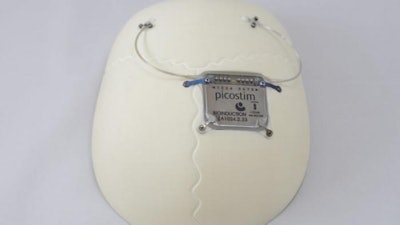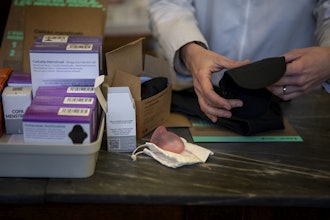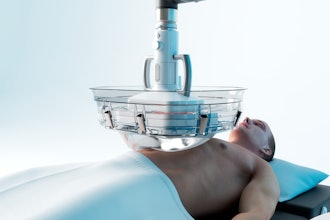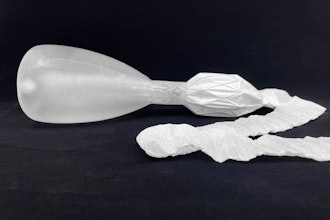
A new Medical Research Council Centre of Research Excellence (MRC CoRE) aims to develop brain stimulation devices to treat conditions such as Parkinson’s, dementia, stroke and childhood epilepsy.
The MRC CoRE in Restorative Neural Dynamics will receive up to £50 million over 14 years.
The centre team will investigate 'neural dynamics’, the complex and changing patterns of activity across networks of nerve cells in the brain that underlie behavior. They will study how neural dynamics arise in health and are disturbed in brain disorders.
This will enable the researchers to develop novel interventions and devices – ranging from brain implants to non-invasive and wearable devices – that could improve how the brain and body functions.
The center will initially focus on developing device-based approaches that harness neural dynamics for people with brain disorders to improve symptom relief and quality of life by reducing their effects on movement, memory and sleep. For example, reducing seizures in epilepsy, enhancing memory in dementia, and helping people with Parkinson’s disease or who have had a stroke to recover smooth and confident movement.
In the longer term, the team aims to use devices to reorganize brain circuits and slow down clinical progression, for example by taking advantage of mechanisms that govern the strength of connections between nerve cells. The researchers will study neural dynamics in mouse models, with computational modeling, and using human data, integrating these activities with device hardware and software development.
The MRC CoRE will work closely with clinical teams, research charities, regulatory agencies, and neurotechnology industry, including UK-based Amber Therapeutics, who last year worked with NHS partners to support a first-in-human trial of an implanted brain stimulation device to reduce seizures in a child with epilepsy. Capitalizing on their experience, the centre team aims to progress from discovery research to experimental medicine and first-in-human trials, paving the way for commercialization and healthcare system adoption of new therapies so they reach the people who need them.
It will be led by researchers at the University of Oxford, Cardiff University, Great Ormond Street Hospital, Imperial College London and Newcastle University.






















